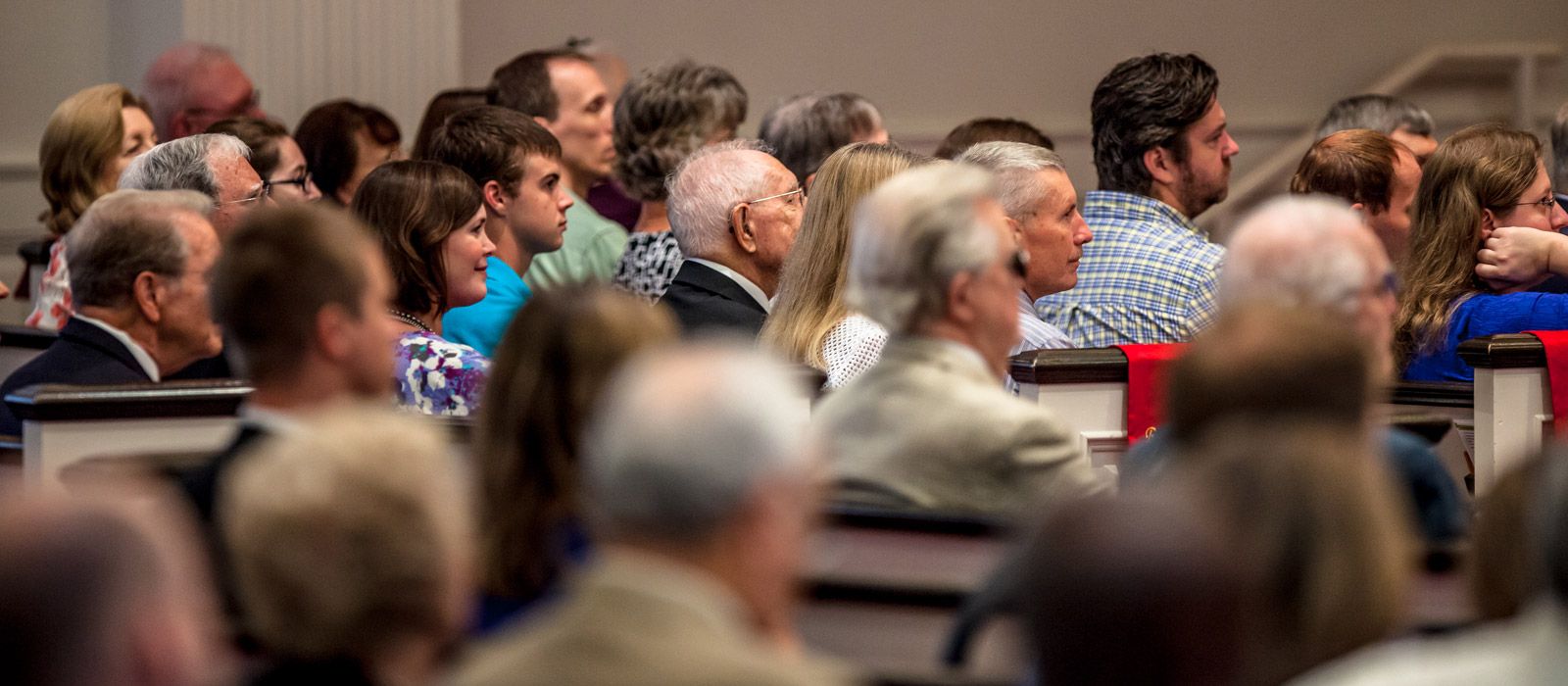IMAGED TO LOVE
In the book of Job, we read about a man who experiences some of the worst things life can throw at us. Making his suffering even worse are his “friends” who instead of helping and encouraging him, accuse and betray him. Throughout his suffering, however, Job clings to God’s grace, and eventually, God vindicates Job and his faith. The book ends with a description of how God restores to Job double of everything he lost, a wonderful triumph of God’s grace and justice, and a reminder to us that God can and does bring good out of even the deepest tragedy.
God does something between Job’s vindication and restoration that we often miss, though (Job 42:7–9). After speaking to Job, God tells Job’s friends, and everyone else who had gathered around to listen, that Job was right about him all along. Then he tells Job that he needs to pray for his friends. Try to put yourself in Job’s place at this point. You have experienced great loss, terrible suffering, a crisis of faith, friends who betrayed you, and now it’s over. What do you do next? How do you feel? If I’m completely honest, I think at that point I just want out of there. I especially don’t want to see those people ever again. Moreover, I might even try to couch this desire in spiritual terms like I’m just protecting myself or that they need to make the first step because they are the ones that wronged me. I don’t think my immediate desire is to pray for them.
But God has different priorities. He is pleased with Job and how Job has clung to him during his suffering, and he is justly angry with Job’s friends for what they’ve said to Job. But he wants Job to offer sacrifices on their behalf so they can be forgiven and restored, and so that Job and his friends can be reconciled. God wants Job to take fourteen animals that his “friends” bring him and sacrifice them and all the while to pray for them. We can’t miss this. God’s first priority after vindicating Job is to restore him to his friends, and in so doing to reconcile them.
And Job does it! He prays for, forgives, and works to restore the same people who told him that his kids died, his wife left him, and he was destitute because he deserved it. Job does this before he has anything restored to him like we know will happen at the end of the book (but he doesn’t). He does this because grace has been vindicated, and now it must be put into action. Job knows he has been loved and forgiven much, so of course, he must love and forgive in return. Because we aren’t saved just to know God’s grace for ourselves, but to live God’s grace. We are saved not just to know God but to be like God.
God is a relating, restoring, forgiving, reconciling God. He is gracious and just, merciful and holy. God becomes a man so he can die for us. God is stripped naked, nailed to a cross, and watches his torturers roll dice for his clothes while they make fun of him. God could have stepped off that cross at any moment and vaporized those people, but instead he says “Father, forgive them” (Luke 23:34). When we stand at the foot of the cross and truly see Jesus Christ, who he is and what he has done for us, how could we possibly condemn anyone or hold onto our dreams of vengeance and hate?
To be made in God’s image means that we were made to be like God in how we relate to other people. We often assume that the image of God is just something that we have, something that all of us are but it’s so much more than that. To image God is to love others as he loves us.


